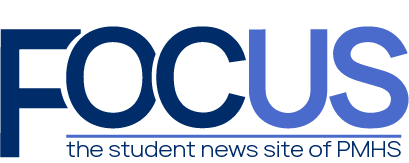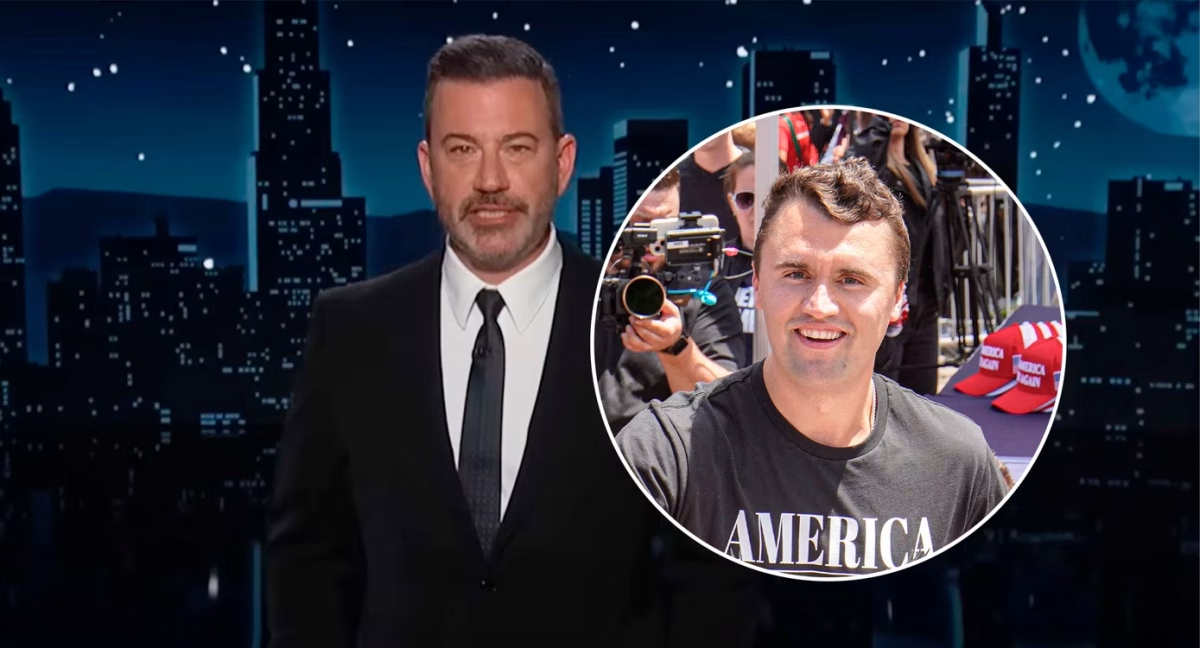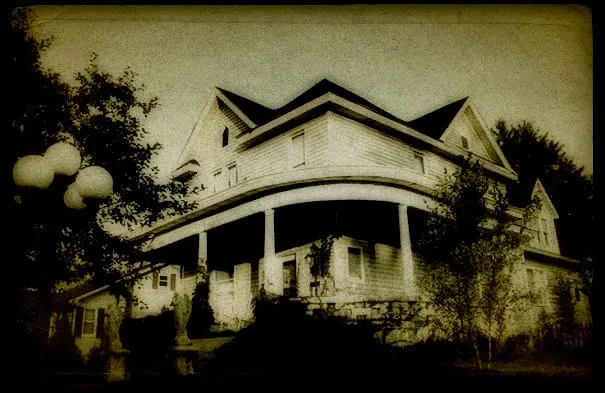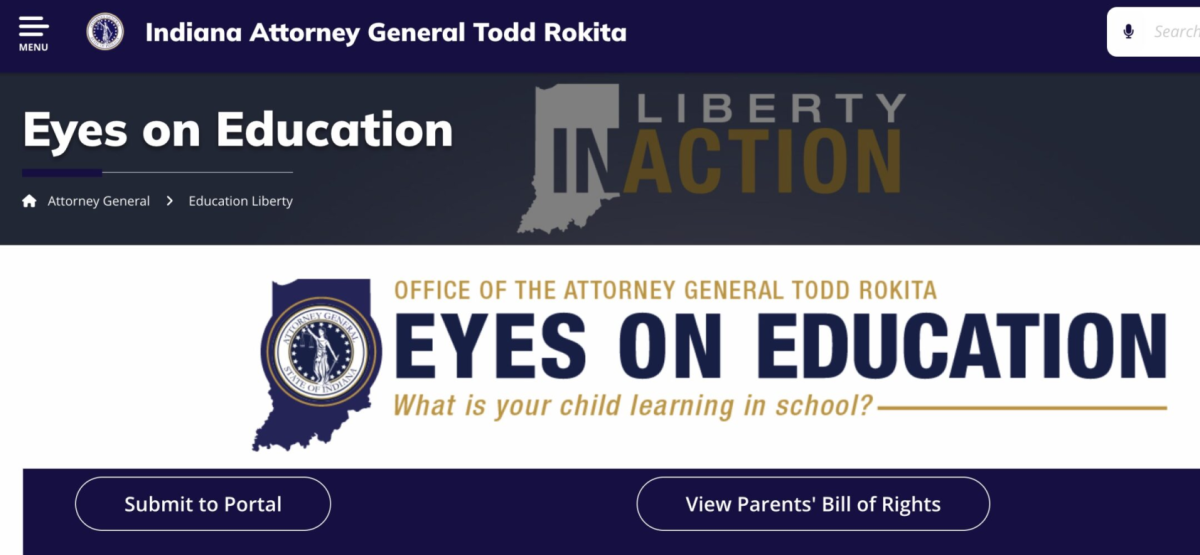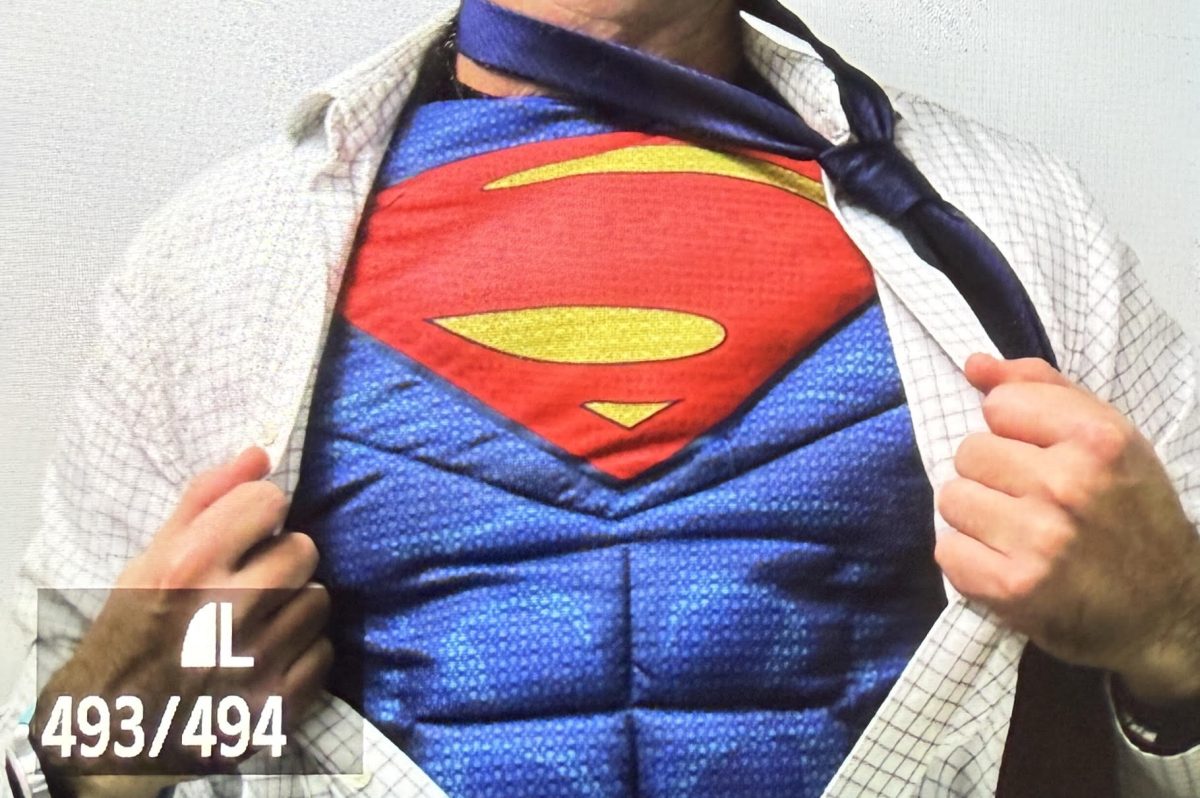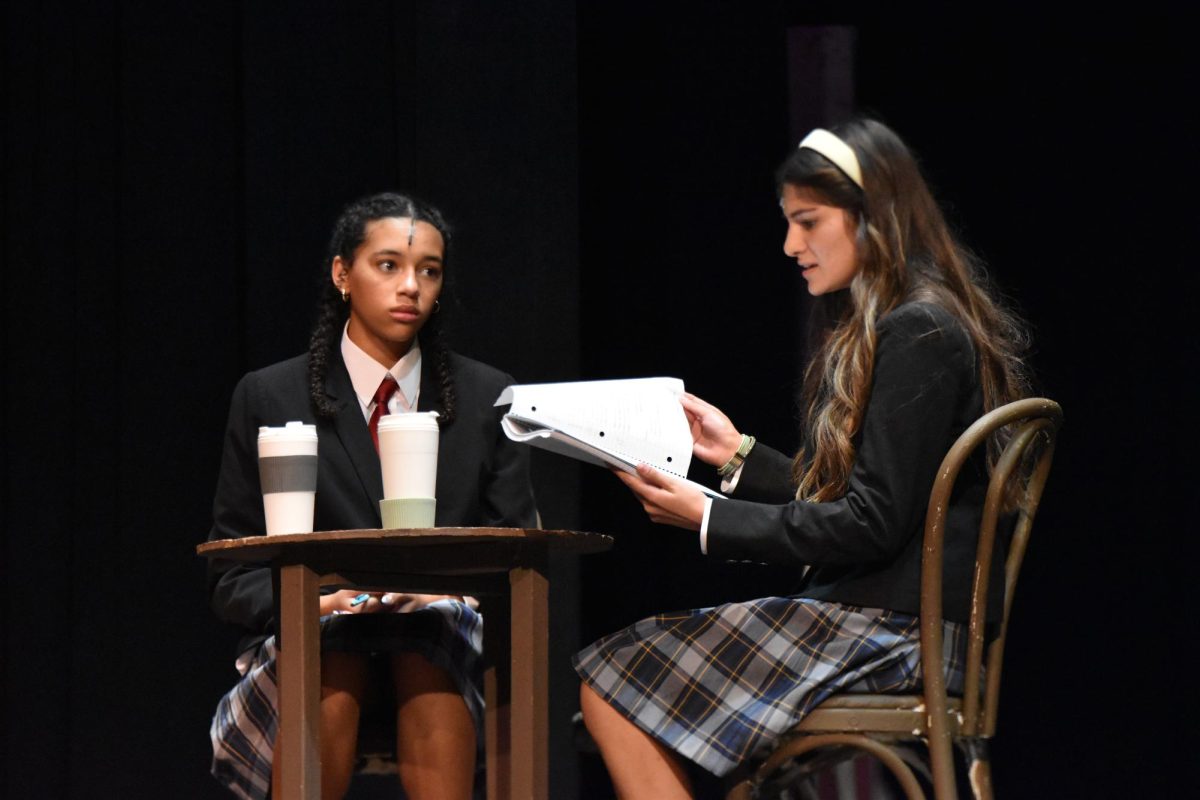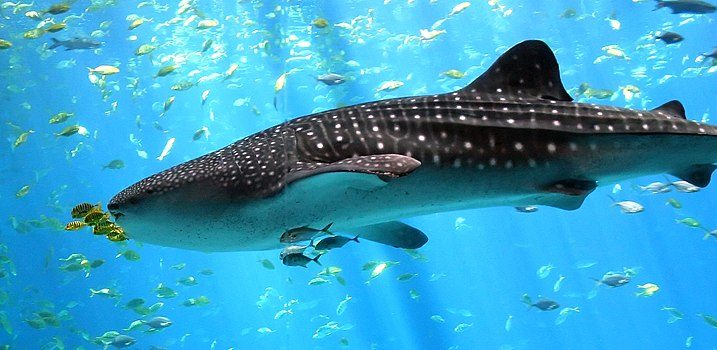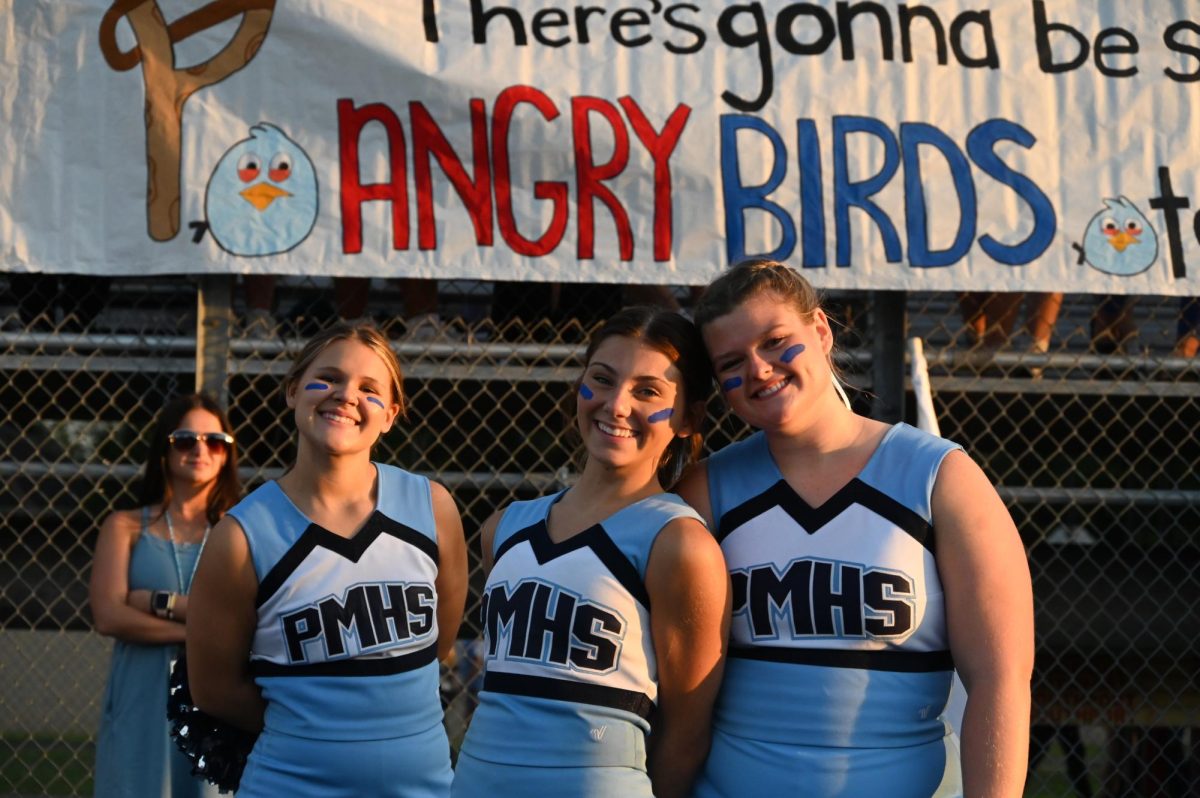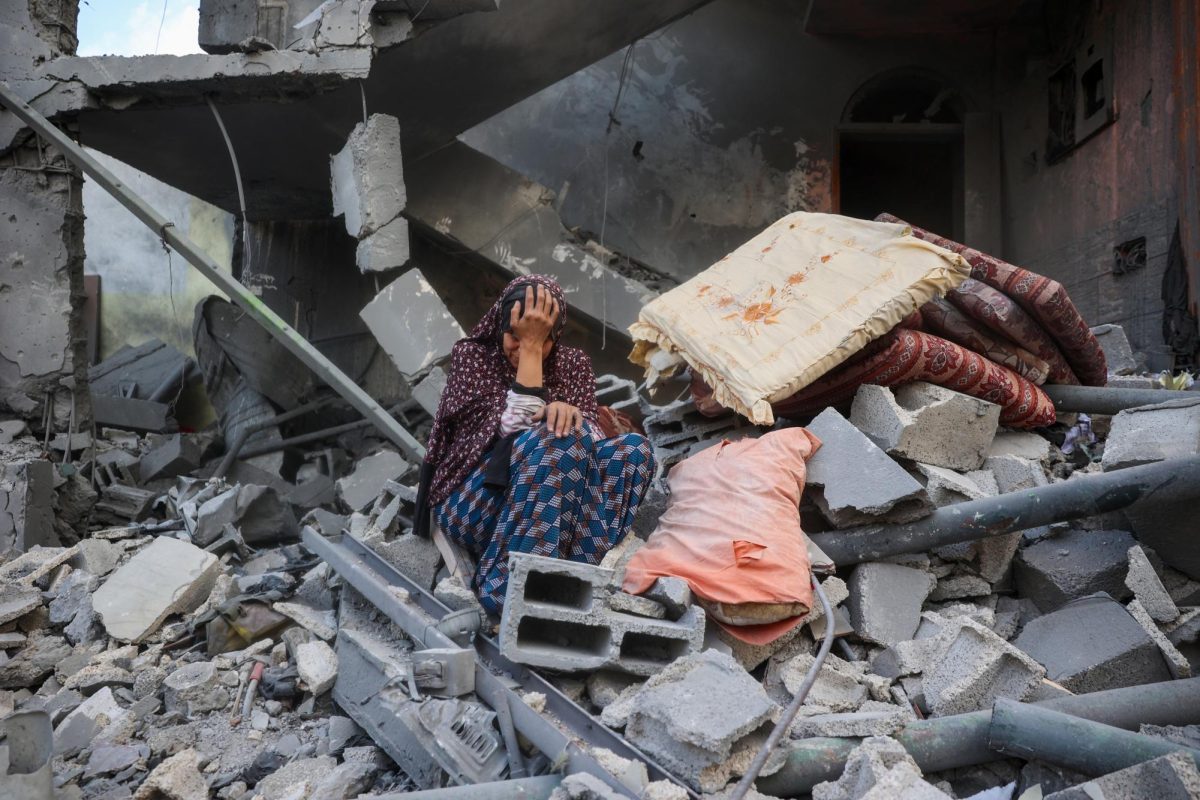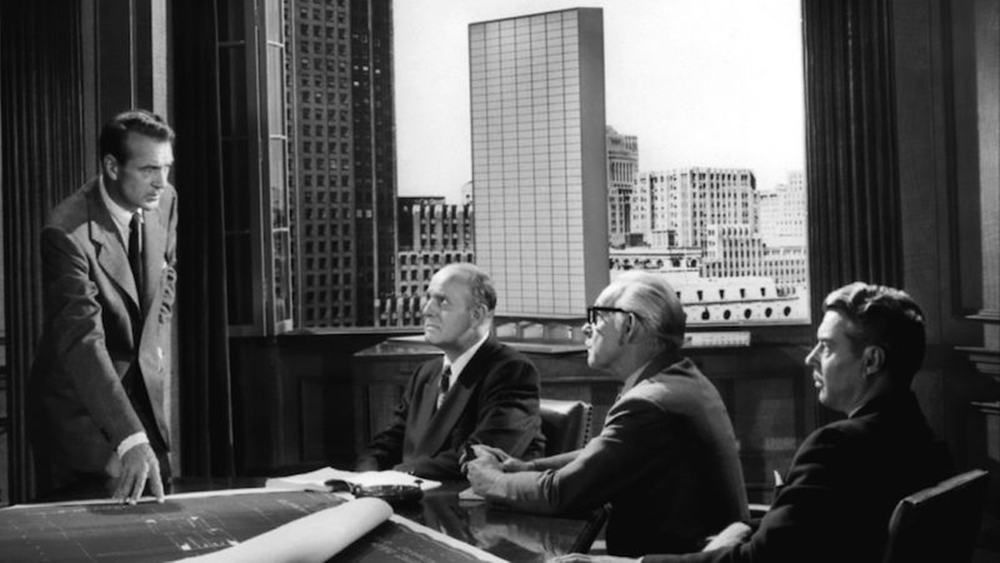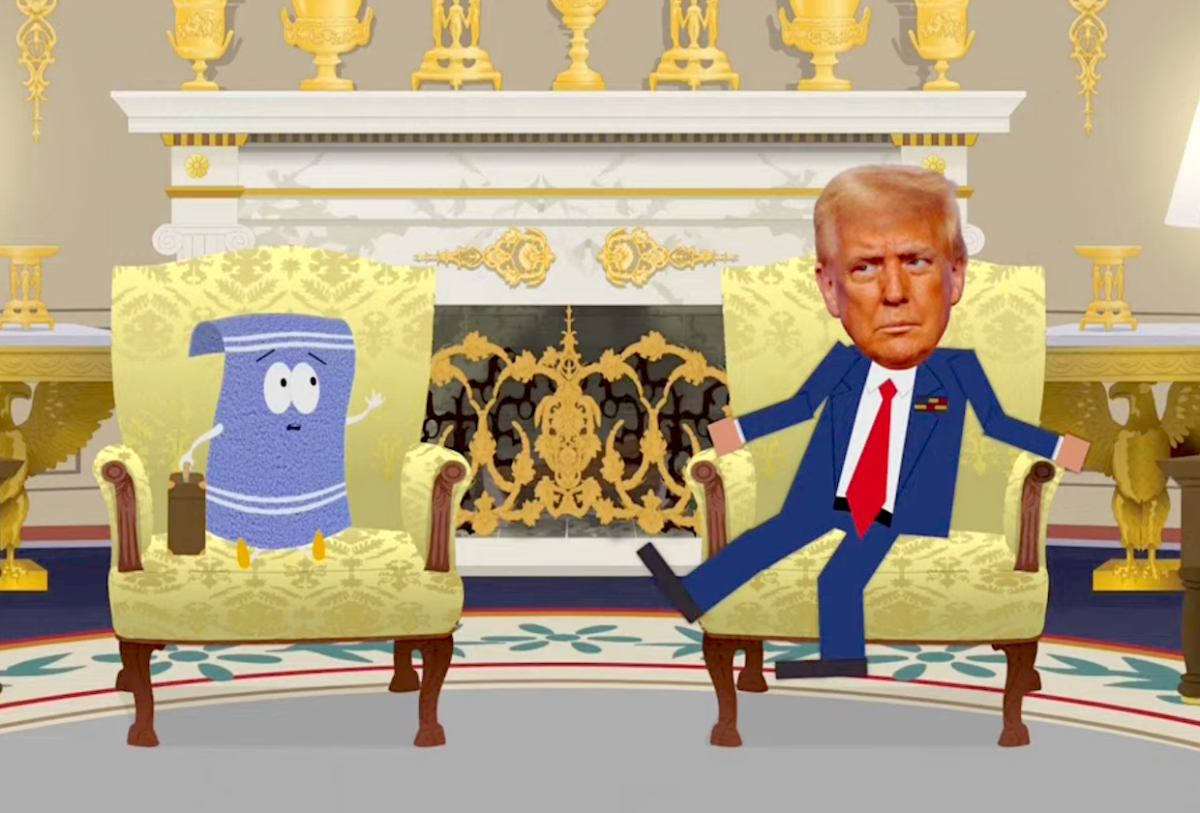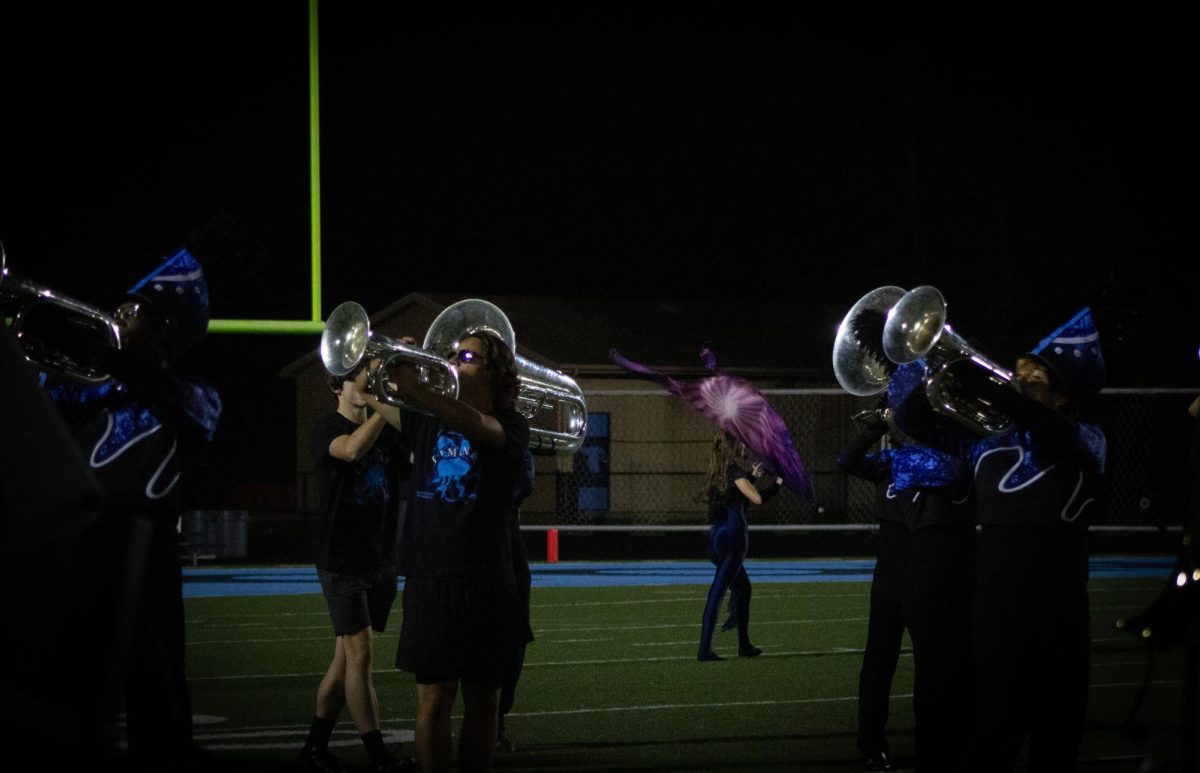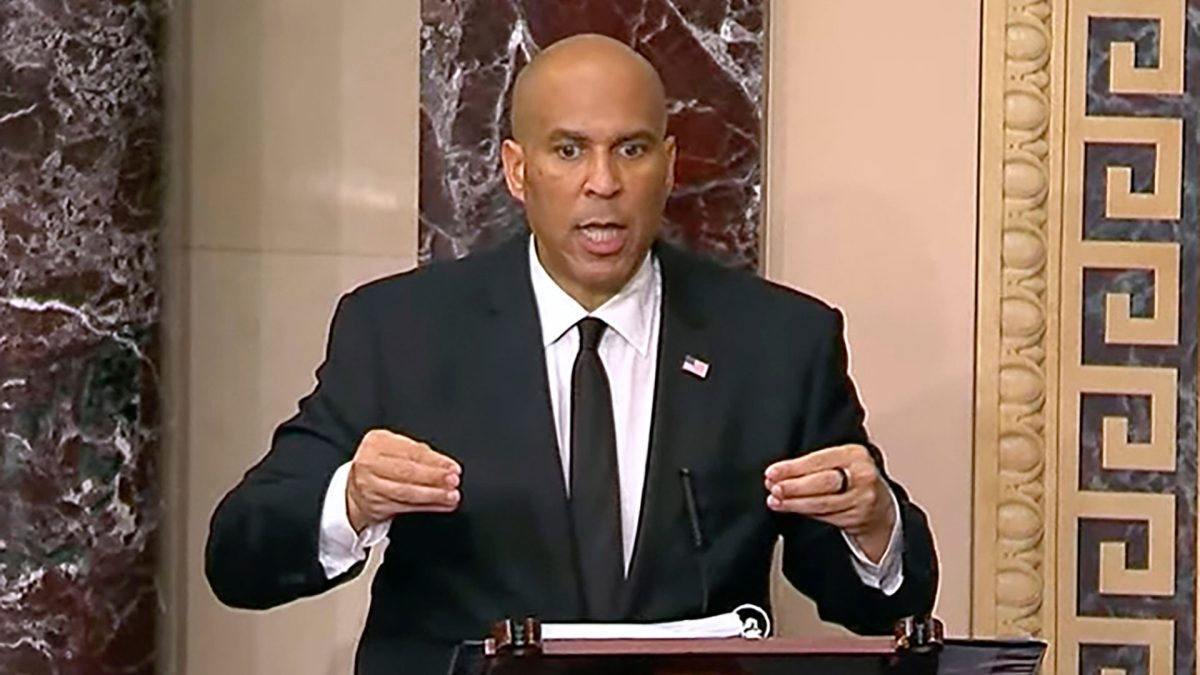On September 17th, 2025, ABC announced it was pulling “Jimmy Kimmel Live!” off the air indefinitely. The network’s decision came after controversial remarks Jimmy Kimmel made about Charlie Kirk following his death.
Kimmel’s show is most well-known for his political satire monologues, man-on-the-street interviews and celebrity guests.
Following the cancellation, President Donald Trump voiced his support for the decision on Twitter, emphasizing the lack of talent Kimmel displayed on air and praising ABC for having the courage to pull the plug on the show.
So what exactly did Kimmel say that was so controversial? And was it extreme enough for the justification of his cancellation?
In Kimmel’s nightly monologue, he said, “We hit some new lows over the weekend with the MAGA gang desperately trying to characterize this kid who murdered Charlie Kirk as anything other than one of them, and doing everything they can to score political points from it,” said Kimmel. On top of that, he also showed a clip of Trump when asked about Kirk’s death and teased his response.
After watching the clips, my reaction was, “That’s it?”
That’s all it takes to lose your job and platform in today’s society? America’s foundation rests on free speech — the right to express opinions and criticism. Silencing a voice that challenges those in power is an abuse of authority.
As a viewer and an American, I found the quick cancellation upsetting. Satire is meant to push boundaries and start uncomfortable conversations. If comedians are silenced every time they offend a group of people, the space for critical dialogue shrinks. America’s strength lies in its commitment to free speech, even when that speech is uncomfortable. Protecting these principles means accepting discomfort as part of the democratic process. It is within this discomfort that change can bloom.
Apparently, many Americans shared my sentiment. Social media erupted with calls to cancel Disney+ and Hulu subscriptions in protest, using the hashtag #CancelDisney. Additionally, many celebrities showed their support for Kimmel publicly online, arguing that his cancellation was an attack on free speech.
On September 22nd, 2025, the pressure finally reached a breaking point, and ABC announced Kimmel would return on air the following day. The attempt to silence Kimmel’s voice seems to have backfired as his first opening monologue has already amassed 20 million views on YouTube alone, and is his most-viewed monologue of all time.
This isn’t the first time a public figure has faced fallout for controversial remarks. Late-night hosts like Stephen Colbert and Roseanne Barr have encountered similar backlash with varying outcomes. What sets this case apart is the speed of ABC’s initial decision and the quick reversal that shows how networks are still navigating the landscape of public opinion, corporate responsibility, and free expression in the age of “cancel culture.”
For now, Kimmel is back behind his desk, and his voice is louder than ever. Still, the message behind ABC’s initial decision lingers: free speech remains fragile in today’s society. And with that comes a pressing question — who really decides what gets to be said?

